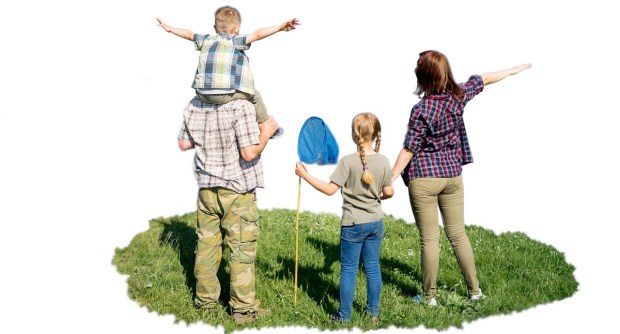Lenten Campaign 2025
This content is free of charge, as are all our articles.
Support us with a donation that is tax-deductible and enable us to continue to reach millions of readers.
Singing and playing music together… hiking on Sundays… “Give to the one who asks of you, and do not turn your back on the one who wants to borrow” Matthew 5:42 … celebratory cannolis… backyard bonfire parties in the fall… experiencing the catholicity of the Church particularly in the diversity of her liturgies and parishes… joy in all things… sacrifice… familiarity with the lives of the saints…
The above is a summary of our proposed family culture. Every family has a culture, whether they are actively aware of it or not. Recently, I took some time to think about what kind of culture my spouse and I want to intentionally build in our family.
What is culture? Culture is “the beliefs, customs, and predominating set of attitudes and behaviors that characterize a group.” The culture I want to build — the traditions and behaviors and beliefs that I want to instill — all have a central theme. I want our family culture to bring us, our children, (and hopefully that also means everyone we encounter) closer to truth, beauty, and goodness.

Here are a few questions I asked myself in order to better reflect upon where our family is and who we want to be.
WHO ARE WE?
Part of culture involves beliefs and attitudes — how we view the world. A question in this vein is how do you pray? Is there part of the Christian life that you feel called to focus on? Is there a certain beatitude or line of scripture that resonates with how you want to follow Jesus and love others?
WHAT DO WE DO?
A major part of culture involves activities -- what customs do we have and what behaviors do we encourage? In other words, what do we do together as a family?
Dr. Jason Baxter recommends building on your natural interests and abilities by sharing “slow-time activities” with your family. Slow-time activities are mostly screen-free, requiring your full attention and engagement. What hobbies do you love? Fishing? Scrapbooking? Playing music? Polka? Perfecting your checkers strategy?
Another thing to consider is customs — what do you celebrate and how? What special occasions do you want to remember together, and how do you want to do that?
WHAT IS THE MEANING?
A third essential ingredient to building a culture is the habit of judging things together. This judging is how we find meaning in what we do. After experiencing an activity together, we might discuss “what is good in this, or what is true and what is beautiful here?”
At the same time, we might note those things in our experience that did not coincide with truth, beauty, and goodness. This is something it might take time to establish — for example, young children won’t be able to participate in such discussions right away. Instead, it could start as something your spouse and you discuss in the presence of your children until they are old enough, or accustomed enough, or have a desire to join in the discussion.
Your family culture will not be exactly like any other family’s culture. And that’s good! Your individuality, the way you love your family, is unique.
Pope John Paul II talked and wrote a lot about the importance of the family in our world. In a homily to Catholics in Australia he said, “As the family goes, so goes the nation, and so goes the whole world in which we live.” Our family culture starts by helping us shape our world more intentionally, and hopefully, it will continue on through our children to shape the world at large.










